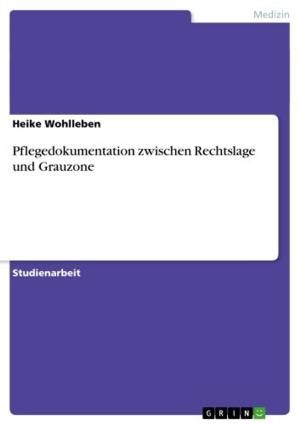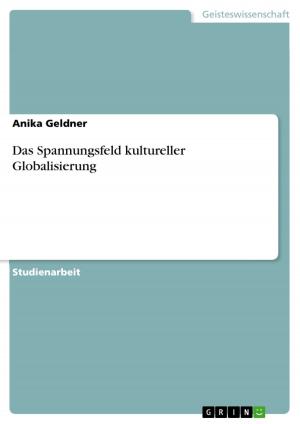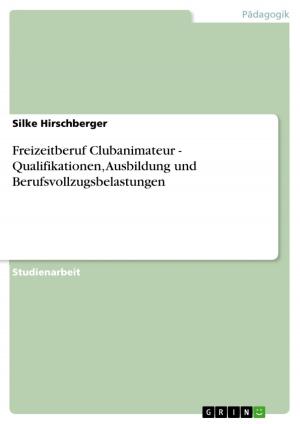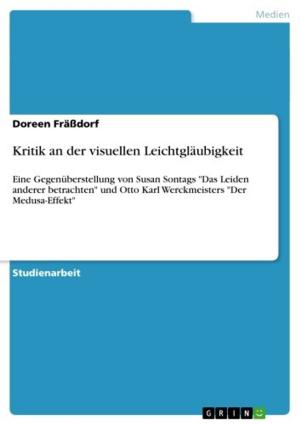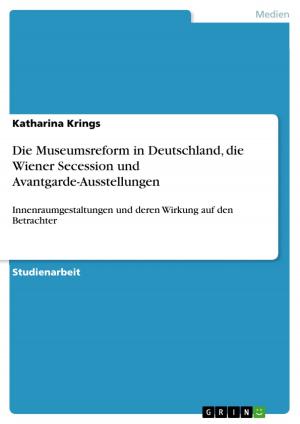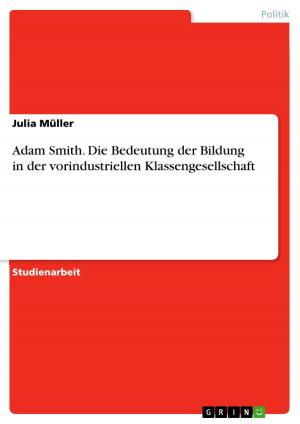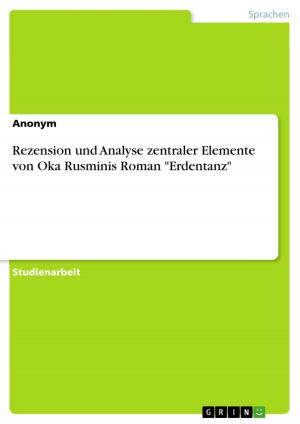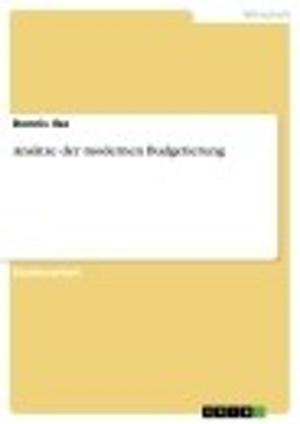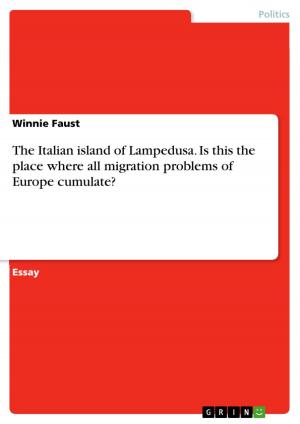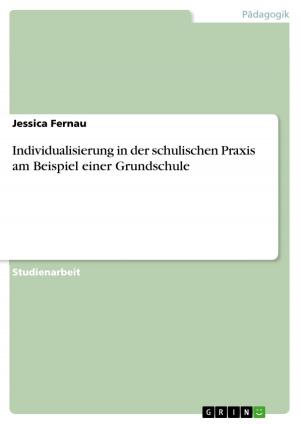What is the attractiveness of Albania for Foreign Direct Investment (FDI) flows?
Business & Finance, Finance & Investing, Finance| Author: | Besiana Buxheli | ISBN: | 9783640945726 |
| Publisher: | GRIN Verlag | Publication: | June 28, 2011 |
| Imprint: | GRIN Verlag | Language: | English |
| Author: | Besiana Buxheli |
| ISBN: | 9783640945726 |
| Publisher: | GRIN Verlag |
| Publication: | June 28, 2011 |
| Imprint: | GRIN Verlag |
| Language: | English |
Master's Thesis from the year 2010 in the subject Business economics - Investment and Finance, grade: 1.0, Oxford Brookes University, course: MSc in International Management, language: English, abstract: Foreign Direct Investment (FDI) was a key factors in shaping worlds economy over the last couple of decades. During this period it grew faster than trade and was considered vehicle of increasing integration of the world economy. Despite being one of the poorest countries in Europe, Albania has managed to attract solid interest from foreign investors. Albania offers access to a growing market, to a competitive business environment, abundant availability of well-educated workforce and in possibility of the first mover advantage in some growing new markets. The government has made several economic reforms to deliver an enhanced investment climate. The aim of this dissertation is to assess and evaluate Albania's attractiveness to FDI in order to identify the policy implications required to increase inflows. Throughout the critical analysis conducted during the literature review, the author distils the 'host country determinants' framework based on the location variable to assess and evaluate Albania's attractiveness for FDI flows. Results provided a number of incentives and disincentives features of Albania's host country determinants, leading the author to provide policy implications, which aim at increasing inflows. FDI play an irreplaceable role for the implementation of the strategic reforms, technology transfer and advance managerial methods. Albania possesses all the essential components to increase inward FDI but this will be explored through the author's own developed framework. The result of the analysis will produce policy implications that aim to boost Albania's future FDI inflows.
Master's Thesis from the year 2010 in the subject Business economics - Investment and Finance, grade: 1.0, Oxford Brookes University, course: MSc in International Management, language: English, abstract: Foreign Direct Investment (FDI) was a key factors in shaping worlds economy over the last couple of decades. During this period it grew faster than trade and was considered vehicle of increasing integration of the world economy. Despite being one of the poorest countries in Europe, Albania has managed to attract solid interest from foreign investors. Albania offers access to a growing market, to a competitive business environment, abundant availability of well-educated workforce and in possibility of the first mover advantage in some growing new markets. The government has made several economic reforms to deliver an enhanced investment climate. The aim of this dissertation is to assess and evaluate Albania's attractiveness to FDI in order to identify the policy implications required to increase inflows. Throughout the critical analysis conducted during the literature review, the author distils the 'host country determinants' framework based on the location variable to assess and evaluate Albania's attractiveness for FDI flows. Results provided a number of incentives and disincentives features of Albania's host country determinants, leading the author to provide policy implications, which aim at increasing inflows. FDI play an irreplaceable role for the implementation of the strategic reforms, technology transfer and advance managerial methods. Albania possesses all the essential components to increase inward FDI but this will be explored through the author's own developed framework. The result of the analysis will produce policy implications that aim to boost Albania's future FDI inflows.


